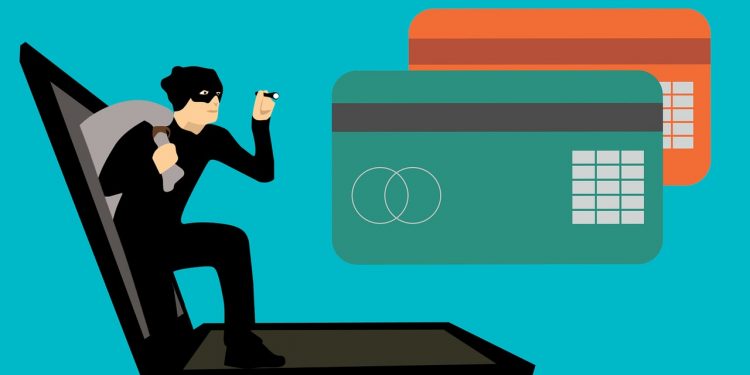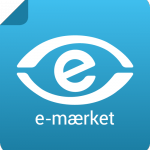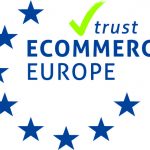More than 150,000 false web shops reported to the police
With an increasing number of false web shops, making sure you are actually buying from a certified web shop is crucial to avoid being cheated.
The article continues below.
By Bente D. Knudsen Pictures: E-mærket/PR
The Danish e-label council (E-mærket) warns of an increase in the number of false web shops run by IT criminals.
False web shops are a huge problem according to the Danish e-label council, not only do they lure money out of consumers, but they also undermine the trust in online shopping in Denmark.
Last year the Danish e-label council reported 10,000 web shops to the police, this year they have reported a record number of 150,000 false web shops.
To DR, Dorte Frandsen, from the Danish Police’s Investigative Department, says that most likely the same criminal organisations and networks are responsible for the many false web shops and she warns all that shop online to be careful:
“The risk is that you get another product than the one you ordered, typically you will get a copy product and not the real one. But you also risk more serious things, such as getting your credit card information stolen, and even sold on to others.”
It is the Danish Investigative Police, bagmandspolitiet, who has received the report of the 150,000 false web shops from the Danish e-label council.
As many of them are foreign, the cases will be taken to Europol for further investigation. The Danish e-label council hopes that the many false web shops can be closed as quickly as possible.
Not only do consumers risk not getting the goods they bought, but often a larger sum than agreed is withdrawn and personal data and information is at risk of being sold to third parties.
To prevent It-criminals from launching a .dk website with a web-shop, the Danish e-label council has cooperated with DK Hostmaster, who is responsible for the attribution of the .dk name to Danish businesses. More than 5,000 false .dk web shops have been closed.
The success of this operation means that most of the false web shops are from countries outside of Denmark, which unfortunately makes it more tedious to get them closed quickly.
The article continues below.
How to spot a false web shop?
Check the About us/ Om os page, often they do not take the time to write a thorough About Us/Om os page – or the page is full of Danish spelling mistakes, as the criminals often use simple translation programs.
For non-Danish speaking expats this can be a challenge of course. Instead, only shopping online on websites that have an approved certification can be good advice.
In Denmark, online consumers should look for the Danish e-label called E-mærket.
The Danish non-profit e-trade council, E-mærket, was founded in 2000 to ensure safe trading on the internet.
If an online shop displays the label, it should contain a link taking you to the site of E-mærket.
E-mærket regularly warns consumers about false web shops, or web shops that do not comply with the e-label’s standards and therefore are no longer allowed to use it.
They also provide a range of tips to enable consumers to spot false web shops.
A new app called Secure Shopping can be downloaded, it will highlight if an online shop is false when consumers, who have the app, go to the web shop.
The article continues below.
TIPS to be aware of when shopping online
When it is too good to be true; Fashionable brands such as Burberry, Nike, Dior and others are sold at prices far below their standard retail shop – this should warn consumers that something is not all right with the web shop
On-line prices from currency converters do not round off the price; Normally when asking to get the price in Danish kroner web shops will give you rounded up prices – false web shops often display all the decimals i.e. DKK 233,49 instead of DKK 234
Official business information can be difficult to find on the web shop; For instance, a lacking cvr number – the Danish business registration number. However, recently even false cvr numbers are used. Consumers can check the cvr number in the registry at cvr.dk to check that the shop is not a fake.
How to check that a web shop is truly a certified e-label shop: When on a web shop displaying the e label – if you click on the picture – it will direct you to the site of the e-label organisation and here you will find the web shop listed as well. If the picture contains no link – then it is not a certified e-label shop.
To help cross border online trade, and to avoid confusion due to many national e-trade labels, the e-trade organisation Ecommerce Europe has recently introduced the Eet-label.
The good news for consumers is that web shops already certified by a national e-label automatically are entitled to use the new Eet-label.
In Denmark, more than 2,200 web shops are part of the Danish e-mærket certification and they can now all use the Eet-label as well.
A buyer protection guarantee of up to DKK 10,000 is in place when consumers buys from a Danish e-certified web shop – this was put in place to help create more consumer trust when buying online.




